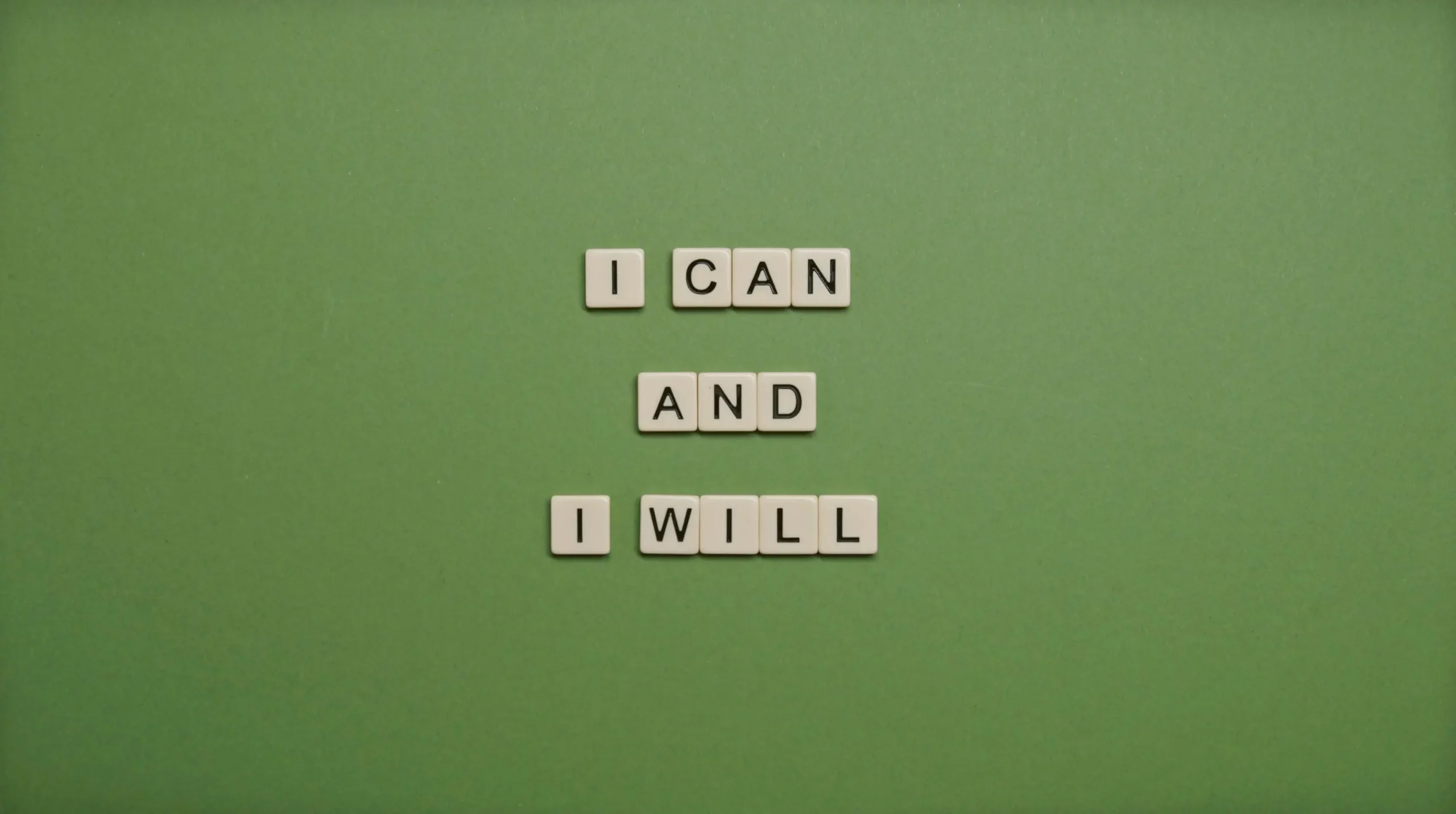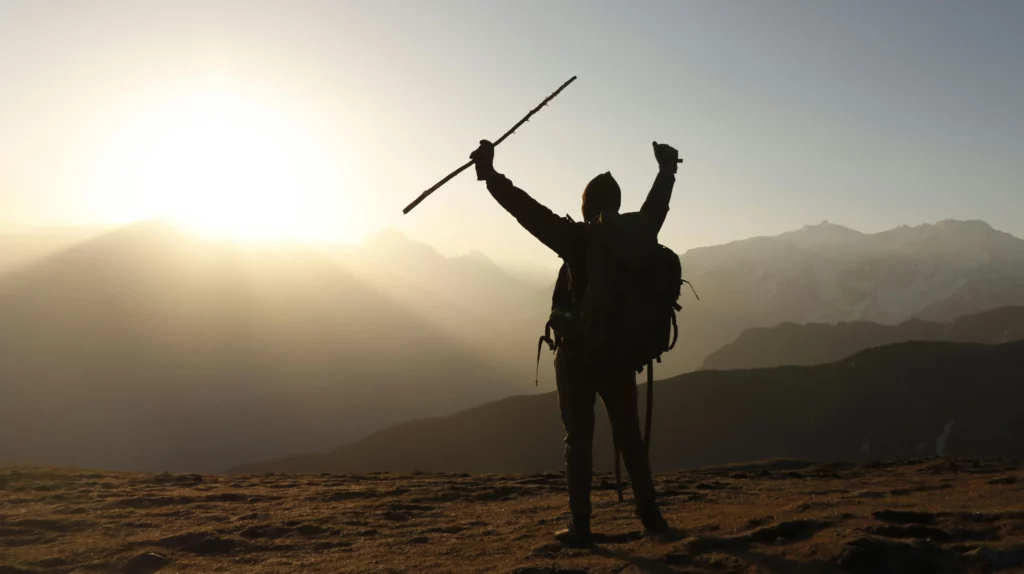How do I train my mind for mountaineering?
Mountaineering is not just a test of physical endurance. It’s a mental marathon through fear, fatigue, and the unknown. And just like your legs and lungs, your mind needs training too.
Unlike gym sessions or hiking drills, mental strength isn’t visible – but it’s what makes all the difference between turning back or pushing forward when everything inside says stop. Building it takes conscious effort and time, but the reward is a calmer, more focused, and more resilient climber.
Here’s how you can build the kind of mental grit that keeps climbers going when the going gets seriously tough.

Table of contents
Visualize the Worst (and the Best)
Train Outside Your Comfort Zone
Visualize the Worst (and the Best)
Visualization is a powerful mental tool. Many elite climbers rehearse their ascents mentally before they even hit the trail. Imagine the route. Picture the tough sections. See yourself staying calm in a whiteout or pushing through the pain at high altitude.
Visualization not only mentally prepares you for the known but also trains your brain to stay flexible when things don’t go to plan. When you’ve mentally walked through possible challenges, your real-time reaction is more rational and less emotional.
Tip: Before your climb, spend a few minutes daily visualizing difficult moments and how you’ll overcome them.
Train Outside Your Comfort Zone
Want to be calm in a storm at 6,000 meters? First, practice being calm in everyday stress. Cold showers, night hikes, solo training runs in bad weather – all these small challenges help build mental resilience.
When you intentionally expose yourself to discomfort in a controlled setting, you build confidence. Your mind learns that discomfort doesn’t mean danger – it just means adaptation.
Mini challenge: Choose one uncomfortable action daily – physical or mental – and reflect on how you handled it.

Master the Self-Talk Game
The voice inside your head can either break you or build you. When the summit seems far and your strength is fading, what you tell yourself matters.
Replace “I can’t do this” with “One more step.” Instead of “I’m exhausted,” say “I’ve trained for this.”
Studies in sports psychology confirm that positive self-talk can significantly improve endurance performance. It helps direct your focus away from pain and fear and back to progress and control.
Try this: Write 3 positive mantras specific to you and repeat them during training sessions.

Stick to Routines Under Stress
High-altitude environments are unpredictable. Your routines? They shouldn’t be. Whether it’s how you pack your bag, manage your layers, or eat during rest stops – sticking to rituals helps you stay mentally anchored when everything else feels chaotic.
Routine reduces decision fatigue – a common mental drain on long expeditions. Having a set sequence of actions saves your energy for where it’s really needed: the climb itself.
Climber tip: Develop a pre-climb ritual, even if it’s just making tea the same way each morning. It provides structure and a moment of mental clarity.
Learn to Embrace Boredom
Long approaches. Tent time during storms. Endless switchbacks. Boredom is part of mountaineering. Instead of fighting it, embrace it.
Boredom is where your mind wanders – but it’s also where mindfulness grows. Bring a book, practice breathing exercises, or simply learn to enjoy stillness. Mental endurance often means staying steady during the “nothing’s happening” phases.
Use these moments as training grounds for presence. Pay attention to your breath, your thoughts, and your surroundings. This mindfulness can later help you stay calm when the stakes are high.
Debrief Every Climb
After each expedition – no matter how small – take a moment to reflect. What tested you mentally? When did you doubt yourself? What helped you push through?
These reflections aren’t just lessons. They’re bricks in the foundation of future resilience. Keep a post-climb journal. Note not just what you achieved, but how you felt, what you struggled with, and how you responded. Reviewing these notes before a new ascent can rekindle strength.
Final Thoughts
Your boots may take you up the mountain – but your mind keeps you there. Building mental toughness isn’t about being fearless. It’s about acknowledging fear, fatigue, and discomfort – and climbing anyway. The best climbers in the world don’t just have strong bodies – they have unshakable minds. And that mindset is something you can train, develop, and carry with you to every summit.
So next time you’re packing your gear, don’t forget to train your strongest muscle: your mindset.





Comments